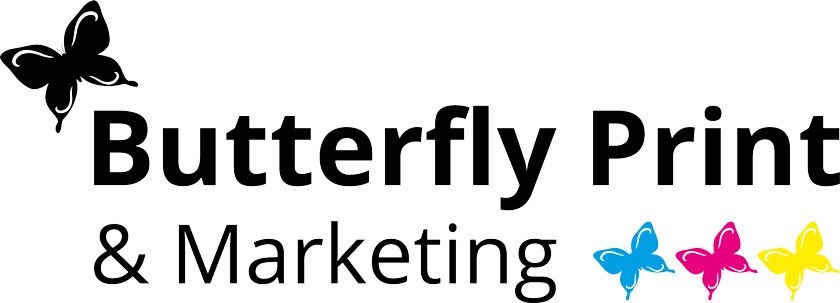Important safeguarding information from the Early Years Hub to help early years settings understand the definitions and categories of abuse and neglect and to consider how they may present when working with babies and young children.
The Early Years Foundation Stage states that;
‘Training made available by the provider must enable staff to identify signs of possible abuse and neglect at the earliest opportunity, and to respond in a timely and appropriate way’.
There are 4 categories, they are neglect, emotional, physical and sexual abuse.
Let’s take a look at emotional abuse, the second highest category of all 4.
Emotional abuse
Emotional abuse is the persistent emotional maltreatment of a child. It is also sometimes called psychological abuse and it can have severe and persistent adverse effects on a child’s emotional development. Although the effects of emotional abuse might take a long time to be recognisable, practitioners will be in a position to observe it, for example, in the way that a parent interacts with their child. Emotional abuse may involve deliberately telling a child that they are worthless, or unloved and inadequate. It may include not giving a child opportunities to express their views, deliberately silencing them or ‘making fun’ of what they say or how they communicate.
Emotional abuse may involve serious bullying – including online bullying through social networks, online games or mobile phones – by a child’s peers.
Source; ‘What to do if you’re worried a child is being abused’ – Advice for practitioners (2015) The EYFS says that providers may find this guidance ‘helpful’. We advise further reading of this document.
Emotional abuse may present in young children in a number of ways, this could include;
- Change in behaviour
- Children who are anxious and nervous
- Aggressive or violent behaviour, sometimes displayed through role play
- Wetting or soiling
- Children reluctant and fearful to go home or who become anxious at home time or when in the presence of an abuser
- Low self-esteem or self-worth
- Children who become isolated and loners
Early Years Hub provide training and consultancy on early years themed subjects including extensive Safeguarding and Child Protection advice. Their safeguarding courses are delivered on behalf of a number of Local Safeguarding Children Boards (LSCB’s) in the North West.
www.health-safetysolutions.net
2 of 4 documents
All 4 documents can be found on Butterfly Print’s Website at www.butterflyprint.co.uk from December 2017.



Leave A Comment
You must be logged in to post a comment.